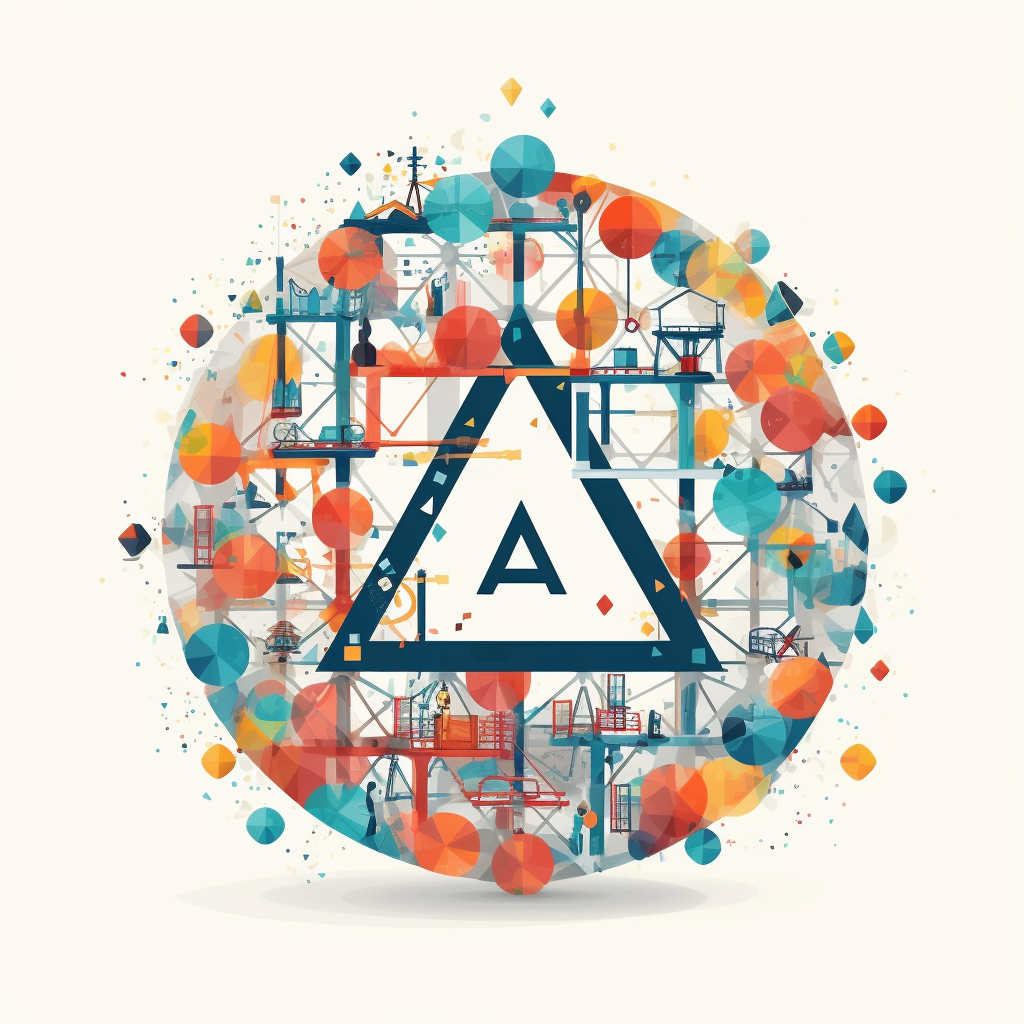
Humans are problem solvers. We want to make meaning every day by solving problems we face, both individually and in collaboration with others. With our families and friends, in our communities, and with the organizations where we work, we solve problems all the time.
We recognize global, unsolved problems, like climate change, food insecurity, and poverty. Have you ever thought of these problems as “too big” to solve? If so, you are not alone. At certain scales, our collective problem solving capacity seems to break down. Why?
It is not inevitable that our capacity for problem solving should degrade at scale. It is only a symptom indicating that our systems do not yet work well enough to allow us to solve our biggest problems. It is possible to adjust these systems.
The purpose of this paper is to show how the world’s current operating system (OS) puts a hard limit on the scope of problems that people can solve, and then to suggest a way to change that. We will show how three problems - the Education Problem, the Organization Problem, and the Oracle Problem - are all connected.
Then, we will show how interwoven changes to the way we educate, organize, and share information can expand our global problem solving capacity in a future where no problem feels too big.

The purpose of Andamio is to increase the capacity of all people to collaborate in solving big problems. Andamio is built for anyone who wants to learn enough to contribute to breakthrough projects, and it is built for organizations seeking new ways to collaborate by sharing resources and decentralizing decision-making power.
Our mission is to support people to learn, organize, and share information enough to solve big problems.
We envision a world where people are inspired to solve big problems, audacious enough to know they can, and empowered enough to take action.
When we use computers, we can name our operating system: Windows, Linux or MacOS, Android or iOS. Different operating systems have different advantages, and each facilitates a different set of options. Some operating systems limit our options in order to maximize security. Others offer convenience but can be prone to vulnerabilities.
What’s hiding inside each of our organizations is a set of assumptions that we rarely notice or reconsider. We’ve inherited them from those who came before us. These assumptions, and the practices they inspire, are kind of like an operating system (OS), running silently in the background, the foundation upon which everything else is built.
Operating systems are all around us.
Aaron Dignan, Brave New Work
Our global OS limits our collective problem solving capacity. If we want to solve big problems, we must be ready to update our operating system in a way that makes it more likely that we’ll solve big problems. In order to do so, we must acknowledge complexity: no problem exists in isolation, and no person can solve big problems alone. Connections are everywhere.
One way to acknowledge complexity is to define a set of problems and to notice connections between them. Then, a diagnostic picture of an dynamic, living system can emerge. You might choose other problems as a starting point for your work - and that’s a good thing. Andamio is built by people working to the upgrade of our global systems, just like you. We are not alone.